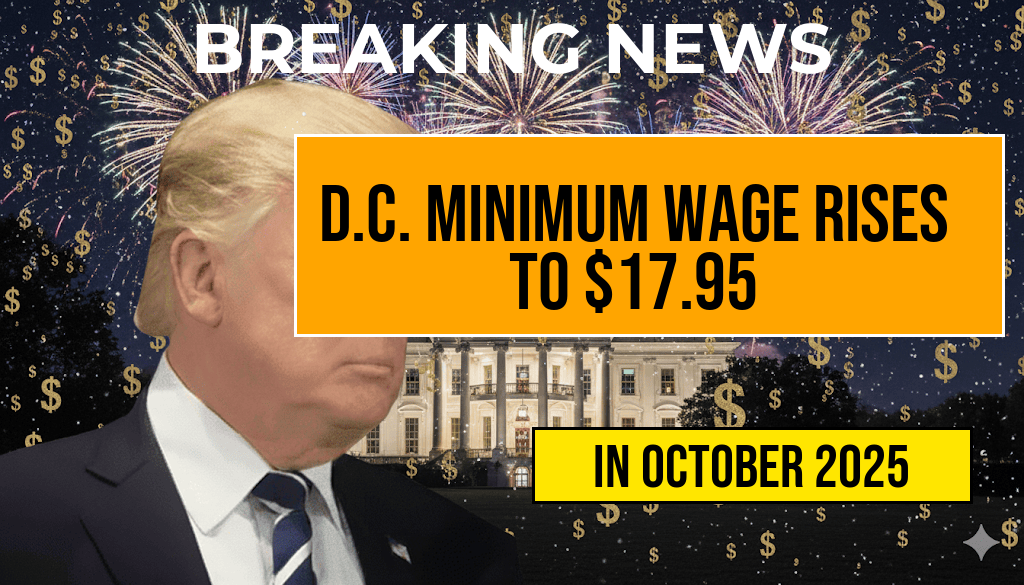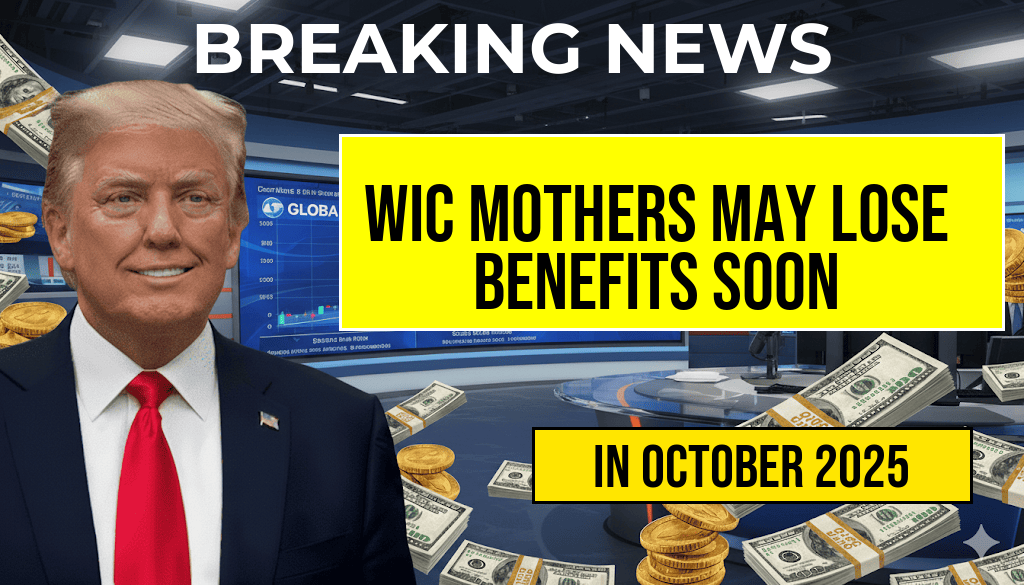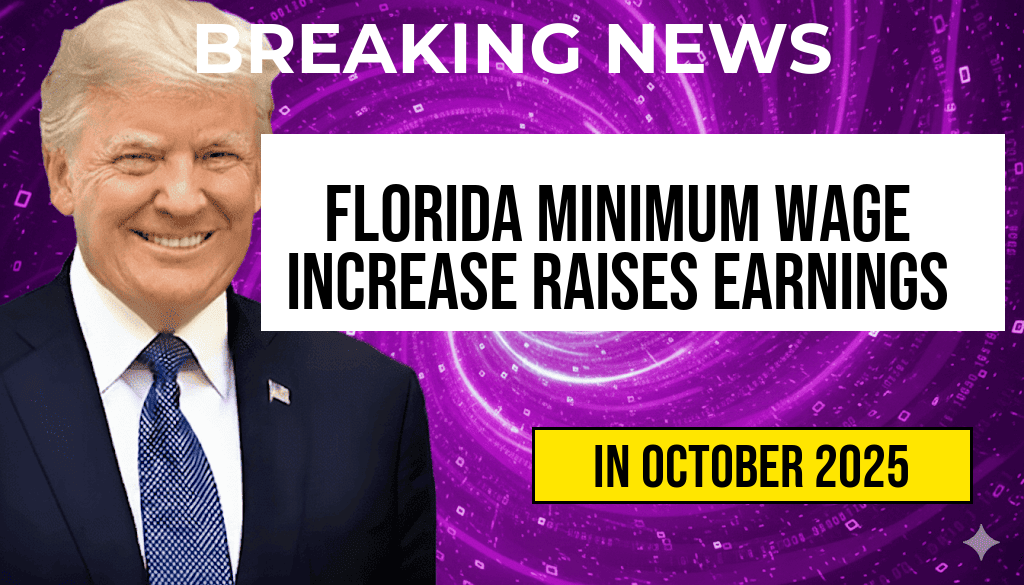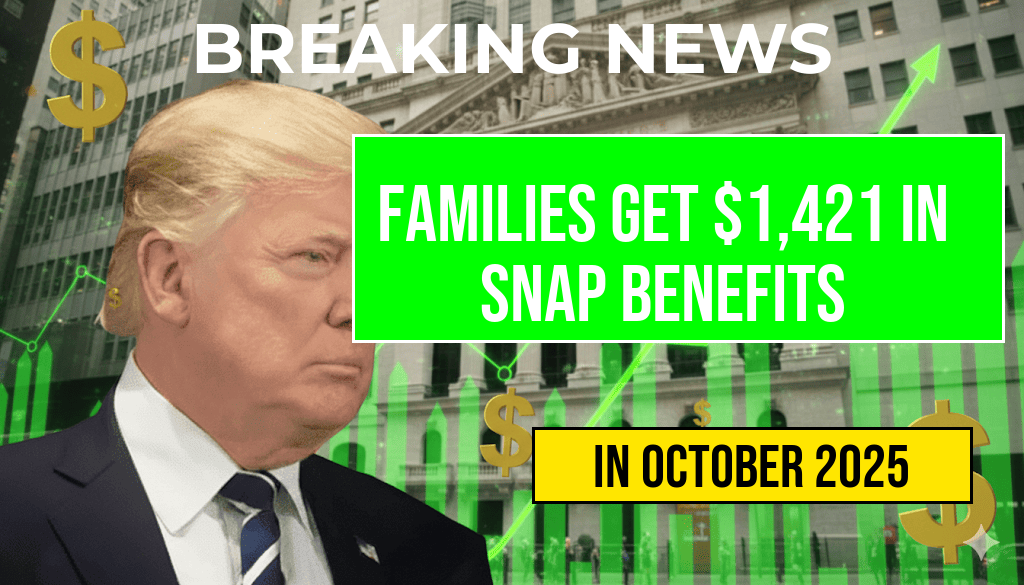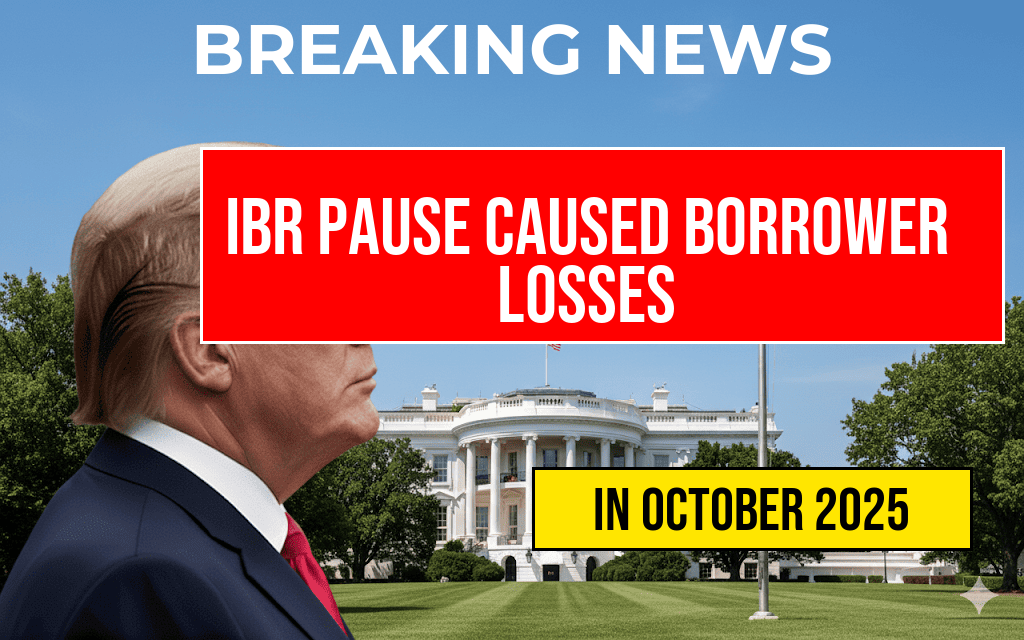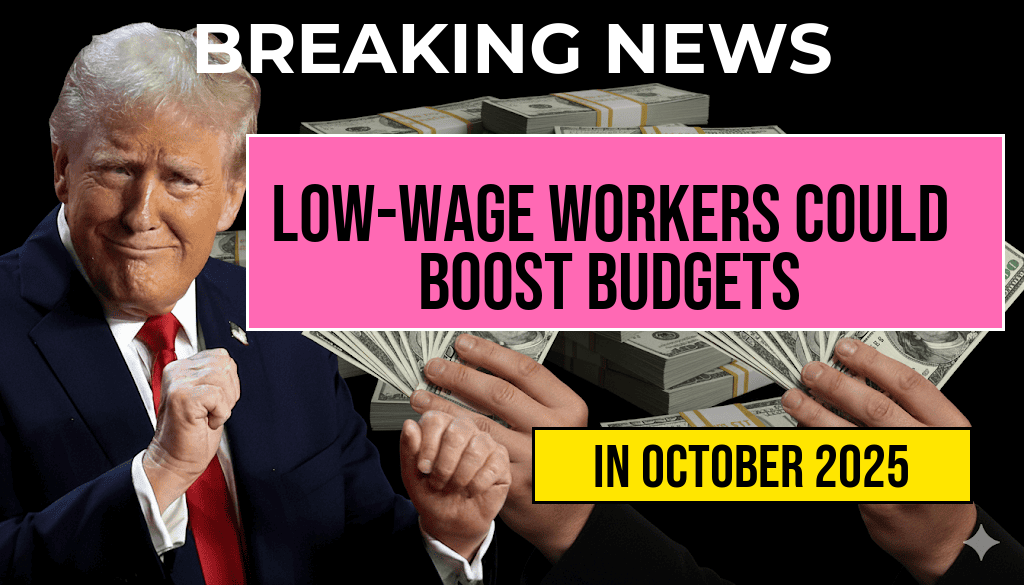The District of Columbia has announced a scheduled increase to its minimum wage, raising it by $0.45 per hour to reach a new rate of $17.95 effective July 1, 2024. This adjustment translates into an additional $936 annually for full-time workers earning the minimum wage, based on a standard 40-hour workweek. The adjustment continues D.C.’s trend of incremental wage increases aligned with the city’s cost of living and economic indicators. The increase is part of a broader effort by local policymakers to enhance income stability for low-wage workers, especially amid rising inflation and housing costs. The new rate applies to approximately 80,000 workers in the district, including those in hospitality, retail, and service sectors, who are often among the most affected by wage stagnation.
Background on D.C.’s Minimum Wage Policy
The District of Columbia has maintained a proactive approach to minimum wage adjustments, with annual increases tied to inflation or specific legislative schedules. The city’s minimum wage has seen a steady rise over the past decade, reflecting efforts to keep pace with economic growth and living expenses. Unlike federal minimum wage standards, which have remained static at $7.25 since 2009, D.C.’s policy emphasizes local economic conditions, enabling more responsive adjustments.
Details of the Recent Increase
| Year | Previous Rate | New Rate | Increase | Annual Additional Income (full-time) |
|---|---|---|---|---|
| 2024 | $17.50 | $17.95 | $0.45 | $936 |
| 2023 | $17.50 | $17.50 | $0.00 | — |
| 2022 | $15.20 | $17.50 | $2.30 | $4,784 |
| 2021 | $15.00 | $15.20 | $0.20 | $416 |
| 2014 | $8.25 | $10.50 | $2.25 | $4,680 |
Impact on Workers and Local Economy
With the latest increase, minimum wage earners in D.C. will see their hourly pay rise to nearly $18, providing some relief amid ongoing inflationary pressures. For a typical full-time employee, this equates to an additional $78 per month, or roughly $936 annually. Advocates argue that such increases help reduce income inequality and improve purchasing power among low-income households, which constitute a significant portion of the city’s workforce.
Employers in sectors like hospitality, retail, and personal services express mixed reactions. Some anticipate manageable adjustments, citing the city’s strong economic recovery post-pandemic, while others raise concerns over increased labor costs. Small business associations emphasize the need for supportive measures to help them adapt without compromising employment levels.
Legal and Policy Context
The increase is mandated under D.C.’s minimum wage law, which requires annual adjustments based on the Consumer Price Index (CPI). The law aims to gradually phase in higher wages to minimize economic disruption. The district’s Department of Employment Services oversees compliance and provides guidance for employers and employees.
For further insights into minimum wage laws and economic impacts, visit Wikipedia’s coverage on minimum wage legislation.
Broader Regional and National Perspectives
While D.C.’s minimum wage surpasses the federal baseline, discussions continue nationwide about the appropriate levels for different regions. Some states, like California and New York, have adopted higher minimum wages reflecting local costs of living, whereas others remain at the federal minimum. Policymakers often grapple with balancing fair wages and economic competitiveness.
For a comprehensive look at minimum wage trends across the U.S., see Forbes’ recent analysis.
Looking Ahead
District officials have indicated that future wage adjustments will continue to follow the CPI, with plans to monitor economic conditions closely. The ongoing debate around wage policies suggests that adjustments beyond the current schedule may be considered, especially if inflation persists or accelerates.
As minimum wage earners prepare for the new rate, local advocacy groups remain vigilant, emphasizing the importance of equitable growth and the need for supportive policies that help workers and small businesses alike adapt to changing economic realities.
Frequently Asked Questions
What is the new minimum wage in D.C.?
The minimum wage in D.C. has increased to $17.95 per hour.
How much will the minimum wage increase per hour due to the recent change?
The wage will add $0.45 per hour, reflecting the recent increase.
What is the annual financial impact of the wage increase?
The increase amounts to approximately $936 more annually for full-time workers earning the minimum wage.
When did the minimum wage increase take effect?
The increase to $17.95 per hour and the additional $0.45 per hour occurred on the specified effective date in the article.
Who is affected by the minimum wage increase in D.C.?
The wage increase primarily impacts minimum wage earners and employers in D.C., especially those in low-wage industries.

